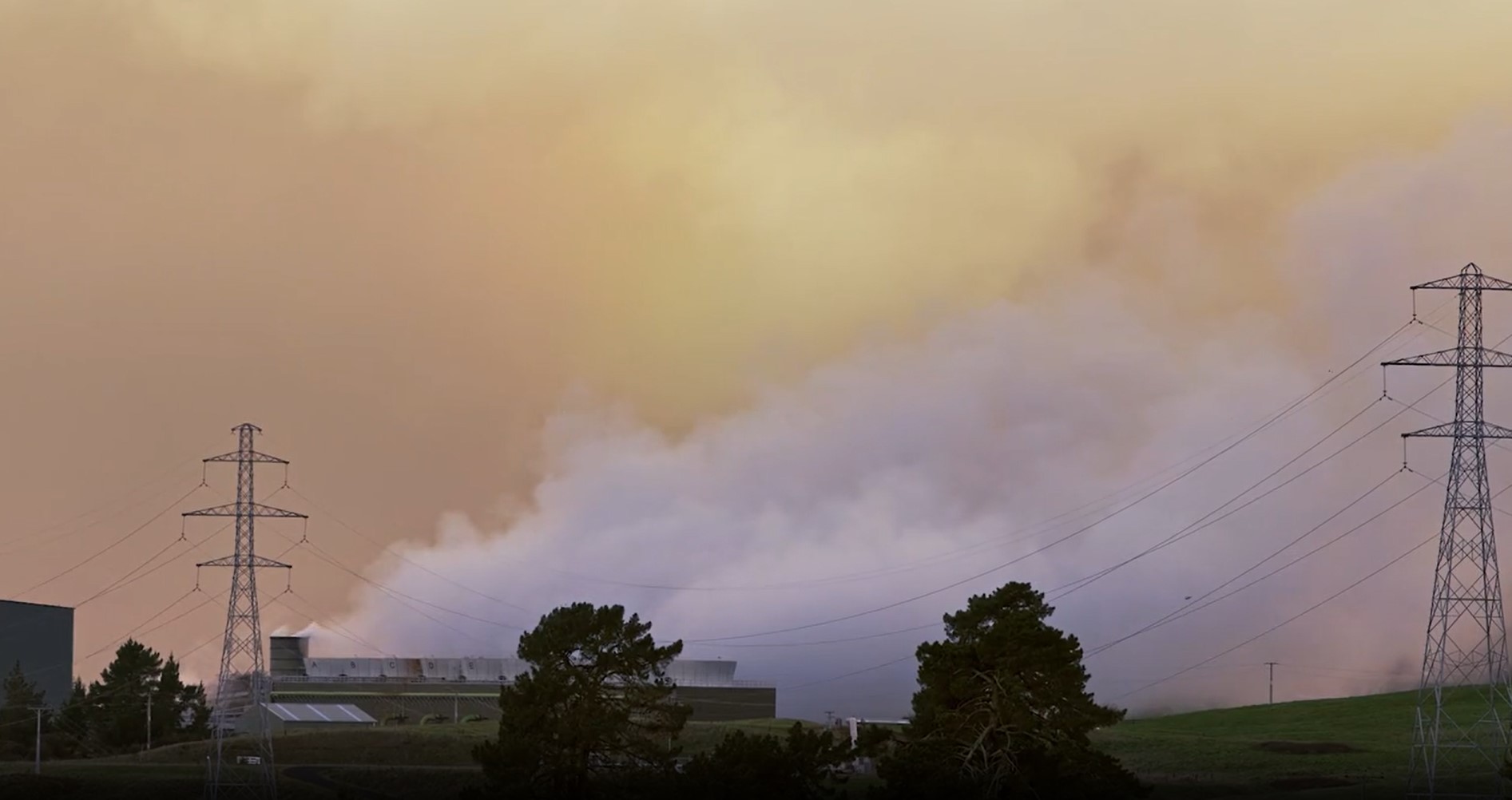
Fred Hollows
New Zealander Fred Hollows was an internationally renowned eye surgeon and humanitarian who devoted his life to giving back the gift of vision to those who were needlessly blind. He believed that anyone should have the right to quality, affordable eye care and through his efforts, he restored sight to thousands of people around the world and trained other eye doctors to do the same.

“I believe the basic attribute of mankind is to look after each other. And that’s what makes humans look after other humans when they are in need.”
Fred Hollows was born in Dunedin in 1929. While he studied briefly at a seminary, after taking a summer holiday job at a mental health facility he decided to change paths and enrolled at Otago Medical School. After graduating, Fred began assisting eye surgeons, which became such an interest he moved to the United Kingdom so that he could specialise in ophthalmology.
Following a brief period in Wales, Fred relocated to Australia. In the early 1970s, he worked with the Gurindji people in the Northern Territory and with indigenous communities in remote regions of New South Wales. During these visits, he was troubled by the high prevalence of eye disorders, especially trachoma, among Indigenous Australian people. This infectious eye disease, caused by bacteria, was not usually seen in the developed world.
This work set Fred’s life mission in motion. He was determined to advocate for better access to eye health and living conditions for those who need it most.
With financial support from the Australian Federal Government, Fred coordinated efforts with the Royal Australian College of Ophthalmologists to establish the National Trachoma and Eye Health Programme in 1976. Over the next three years, he visited more than 465 indigenous communities in the Australian outback to provide eye care and, for the first time, record the status of eye health in rural Australia. His efforts resulted in 27,000 people receiving treatment for trachoma and over 1,000 life-changing operations being performed.
In 1985, Fred visited Nepal, Myanmar, Sri Lanka, India, and Bangladesh on behalf of the World Health Organisation. He later travelled to Eritrea in Eastern Africa. Fred had a strong belief that the solution to ending avoidable blindness should not only come in the form of flying doctors in and out, and providing cash. Instead, he believed that communities and governments should work together to eradicate avoidable blindness, and while travelling he spent his time training local technicians to perform life-changing eye surgery so that work could continue without him.
On these visits, Fred was also motivated to find ways to reduce the cost of eye care and treatment in developing countries. He knew that if local factories could produce intraocular lenses for cataract surgery, it would dramatically reduce the cost of restoring sight, compared to if they were sourced from Australia. This drove him to establish factories in Eritrea and Nepal that would manufacture and distribute lenses at cost.
When faced with a terminal cancer diagnosis, Fred remained steadfast in his commitment to improving access to eye health care. With only a few months left to live, he discharged himself from hospital and travelled to Vietnam, where he trained over 300 eye specialists in modern surgical techniques. There are now more than 1,000 eye surgeons doing cataract surgery in Vietnam.
With his wife Gabi, and friends, he established The Fred Hollows Foundation in 1992, a non-profit organisation that would ensure his life’s work would continue long after he died.
Today, The Foundation operates in more than 25 countries throughout Africa, Asia, the Middle East, the Pacific, and indigenous Australia, and has successfully restored sight to over three million people worldwide. It remains committed to training eye doctors and nurses, raising funds for essential equipment and medical facilities, and performing critical eye surgeries to vastly improve the quality of life for those who need it.
The factories that Fred established have gone on to produce millions of intraocular lenses, serving as a lasting testament to his profound impact on eye care accessibility and affordability.
“I’m an optimist, always, that the world can be a better place,” Fred said. He certainly made it so.
Fred Hollows and Sir Edmund Hillary
During his early years in Dunedin, Fred was a member of the New Zealand Alpine Club and frequently scaled tall peaks in the South Island. It was during one of these climbs that he came across another inspirational New Zealander, Sir Edmund Hillary, who was preparing to conquer Mount Everest.
Demonstrating his selflessness even at a young age, Fred offered to carry Hillary’s pack. In his memoir many years later, Hillary recounted the encounter:
As I approached the foot of the gully running several hundred feet up to the hut, I was met by a young man who came bounding down to meet me and offered to carry my load up to the hut. I handed my pack over and saw his legs buckle slightly at the knees. Although I didn’t know it at the time, he was Fred Hollows – obviously he started his helpful attitude early in life.
Fred and Ed maintained a lasting friendship, and Ed became a supporter of Fred’s efforts to eradicate preventable blindness, particularly in Nepal. He was also the Patron of The Fred Hollows Foundation NZ.
Explore the Legacy Project
.jpg)
Explore the Legacy Project
.jpg)
Explore the Legacy Project
.jpg)




.jpg)
